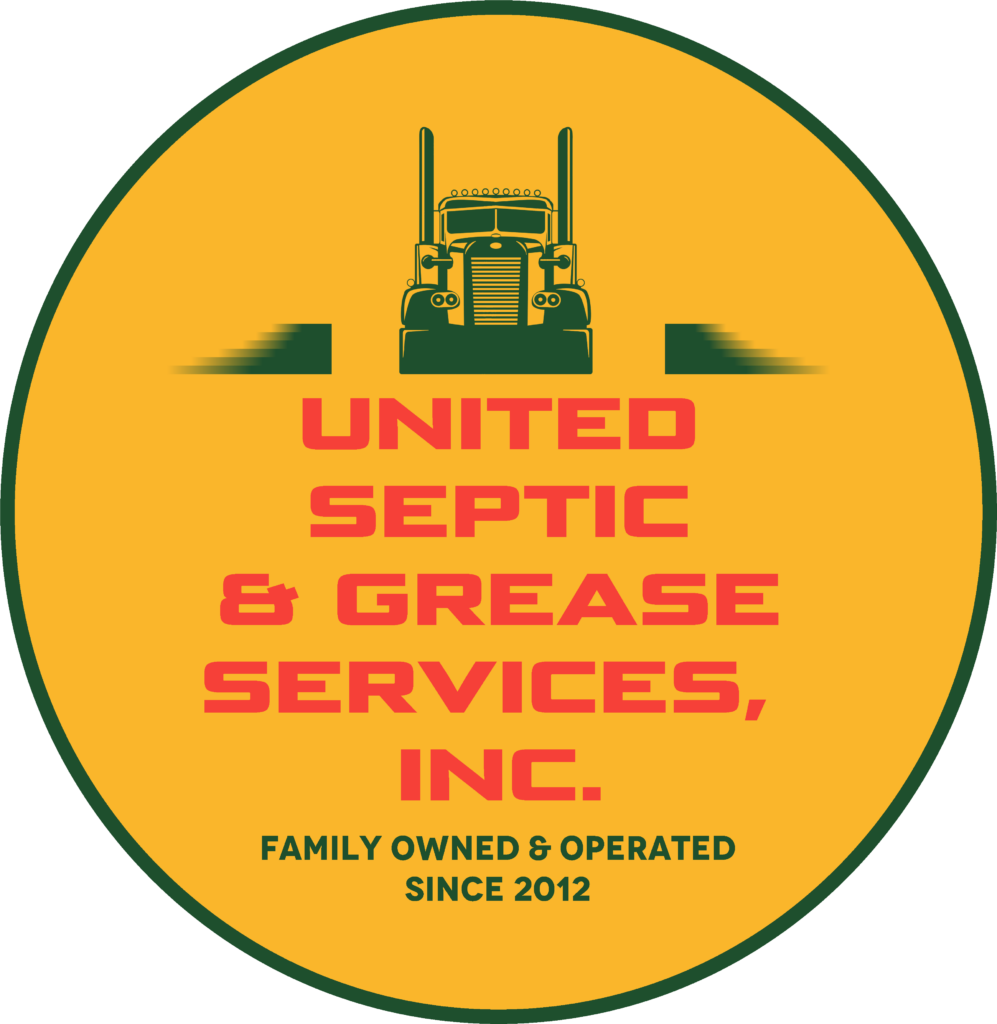The Importance of Grease Trap Cleaning
Grease trap cleaning is a critical maintenance task for businesses, especially those in the food service industry. Regular cleaning of grease traps not only ensures a hygienic environment but also prevents a host of problems that could affect the business’s operations and profitability. Here are the key reasons why grease trap cleaning is essential:
1. Eliminate Foul Odors
One of the most immediate benefits of grease trap cleaning is the removal of foul smells.
Accumulated oils, greases, and solidified fats in the grease trap can emit unpleasant odors that permeate the premises. These smells can negatively impact the health and comfort of both employees and patrons. Regular cleaning helps maintain a pleasant and inviting atmosphere in your establishment, promoting a better experience for everyone.
2. Prevent Blockages in the Drainage System
Grease, oil, and fat (FOG) are notorious for causing blockages in drainage systems. When these substances accumulate in the grease trap, they can solidify and create significant clogs. These blockages can lead to slow drainage, backups, and even overflows, causing disruptions to your business operations. Regular grease trap cleaning ensures that your drainage system remains clear and functional, preventing these inconvenient and potentially costly issues.
3. Avoid Costly Repairs
Neglecting grease trap maintenance can lead to severe damage to your plumbing system. Blockages caused by FOG can result in pipe bursts, leaks, and other plumbing emergencies that require expensive repairs. By routinely cleaning your grease trap, you can avoid these costly repairs and extend the lifespan of your plumbing infrastructure. Investing in regular maintenance is far more economical than dealing with emergency repairs and the associated downtime.
4. Compliance with Health and Safety Regulations
Health and safety regulations often require businesses to maintain clean and functional grease traps. Failing to comply with these regulations can result in fines, penalties, and even temporary closure of your establishment. Regular grease trap cleaning ensures that you meet all legal requirements and maintain your business’s good standing with health and safety authorities.
5. Protect the Environment
Proper grease trap maintenance also has environmental benefits. When grease and oil enter the municipal water system, they can cause significant environmental damage, affecting water quality and aquatic life. By regularly cleaning your grease trap, you prevent these substances from contaminating the water supply and contribute to environmental protection efforts.
Conclusion
Grease trap cleaning is an essential practice for maintaining a clean, safe, and efficient business operation. By eliminating foul odors, preventing blockages, avoiding costly repairs, complying with regulations, and protecting the environment, regular grease trap maintenance offers numerous benefits. At United Septic and Grease, we provide expert grease trap cleaning services to ensure your business remains in top condition. Contact us today to schedule a cleaning and keep your operations running smoothly.
For any queries related to Grease Trap Cleaning Service, reach out to our experienced professionals at United SEptic & Grease Services.

IF YOU ARE LOOKING FOR MIAMI-DADE AND BROWARD COUNTY COMMERCIAL SEPTIC SERVICES
THEN PLEASE CALL 305-878-1885 / 954-778-0477 OR COMPLETE OUR ONLINE REQUEST FORM

Autor / Editor : Jonathan Moreno
Jonathan Moreno is a South Florida Digital Marketing expert with over 12 years of experience with passion for creating hight value content to educate and bring value to visitors.
Related Posts
5 Benefits of Regular Maintenance for Septic Tanks in Miami
United Septic and Grease: In this guide, we’ll share why regular maintenance for septic tanks...
Read MoreSigns You Need to Schedule a Septic Pump Service
United Septic and Grease: In this post, we’ll break down the major warning signs that...
Read MoreCommon Problems with Septic Tanks in Miami
United Septic and Grease: Learn how to detect warning signs, and tips to keep Septic...
Read More